Search Articles
Browse Content (p. 114)

Article
Fortifications in Ancient Chinese Warfare
While ancient Chinese warfare was often characterised by large armies in pitched battles, siege warfare and the sacking of cities were also regular features. Huge earth walls with towers and encircling ditches or moats became the normal strategy...
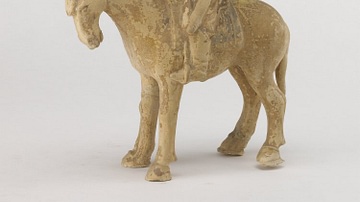
Article
Archers in Ancient Chinese Warfare
The bow was the most common weapon in ancient Chinese warfare and the skill of using it was the most esteemed martial art for millennia. Archers were used as infantry, chariot riders, and cavalry over the centuries, and while the weapon's...
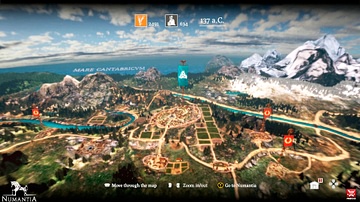
Interview
Interview: Numantia - Recreating the Ancient Iberian World
RECOTechnology is a small game-developer studio based in Madrid, Spain. Their latest video game - Numantia - allows players to explore the conflicts between the ancient Iberians and ancient Romans. James Blake Wiener of Ancient History Encyclopedia...
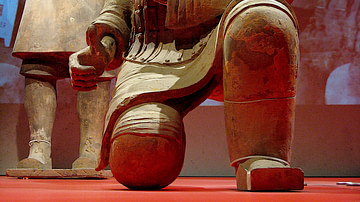
Article
Armour in Ancient Chinese Warfare
With zinging arrows, powerful crossbow bolts, stabbing swords, and swinging axes all a staple feature of the Chinese battlefield, it is not surprising that soldiers sought to protect themselves as best they could with armour and shields...
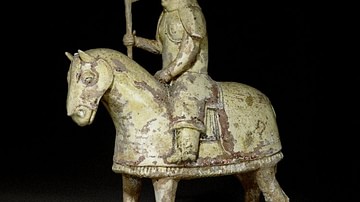
Article
Cavalry in Ancient Chinese Warfare
The use of cavalry in Chinese warfare was a significant development which was largely responsible for the abandonment of chariots, that vehicle being much slower and more cumbersome to manoeuvre in battle conditions. The greater speed and...
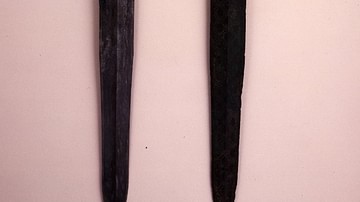
Article
Swords in Ancient Chinese Warfare
Although the bow and crossbow were the weapons of choice for much of China's history, the sword played its part, especially when warriors were forced to dismount and face the enemy at close quarters. Widely used from around 500 BCE, swords...
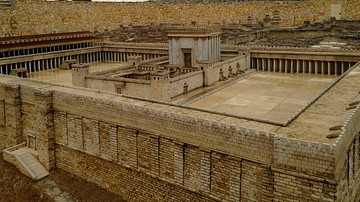
Article
Early Judaism
During the period of early Judaism (6th century BCE - 70 CE), Judean religion began to develop ideas which diverged significantly from 10th-to-7th-centuries BCE Israelite and Judean religion. In particular, this period marks a significant...
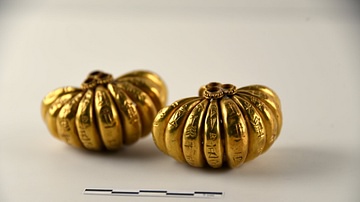
Article
A Gift from King Shulgi: A Pair of Gold Earrings
Gold is a treasure, and he who possesses it does all he wishes to in this world, and succeeds in helping souls into paradise. Christopher Columbus. On June 22, 2005, the Sulaymaniyah Museum of Iraqi Kurdistan purchased a pair of gold...

Interview
Interview: Buddhism in Korea
In this interview, James Blake Wiener, Co-Founder and Communications Director at Ancient History Encyclopedia (AHE), speaks to Emeritus Professor James H. Grayson, Professor of Korean Studies at the University of Sheffield, about the historical...

Article
Women in Ancient China
Women in ancient China did not enjoy the status, either social or political, afforded to men. Women were subordinate to first their fathers, then their husbands, and finally, in the case of being left a widow, their sons in a system known...